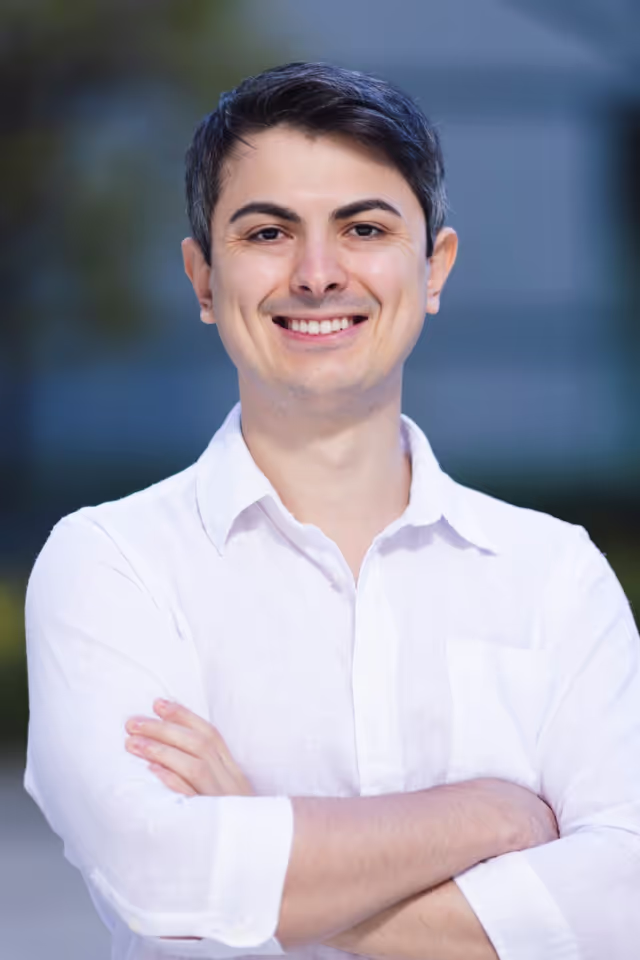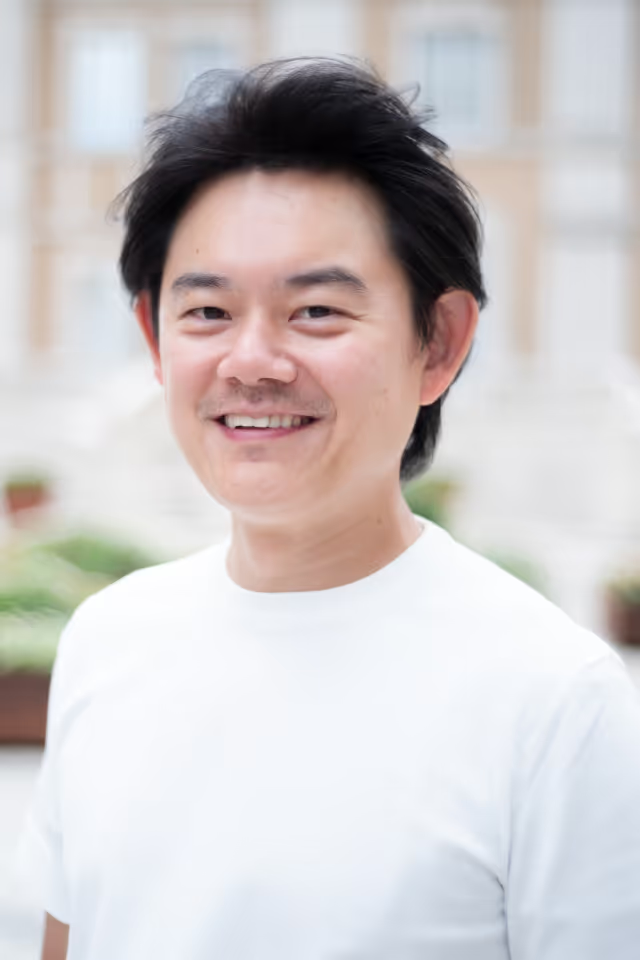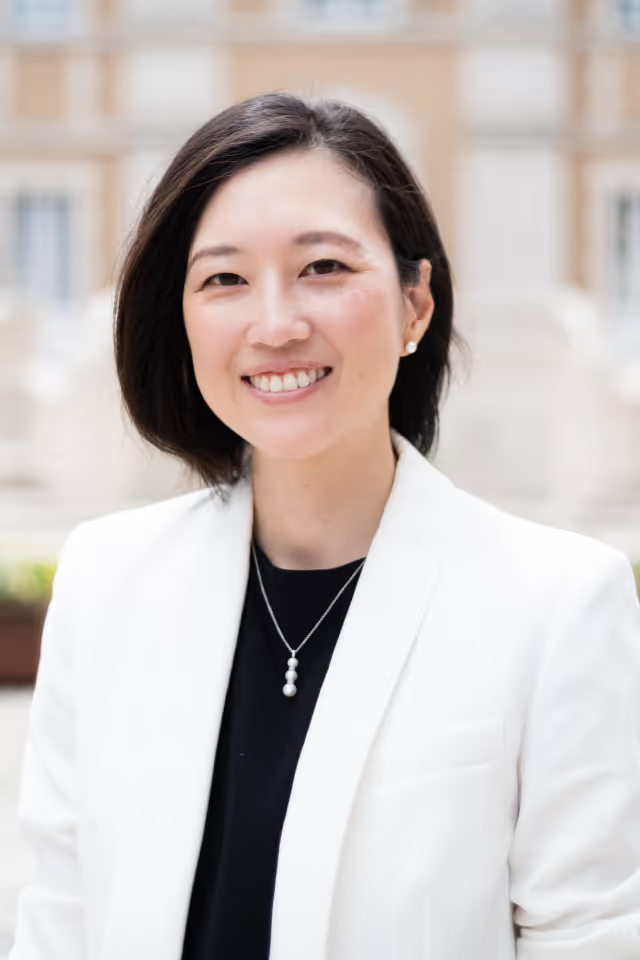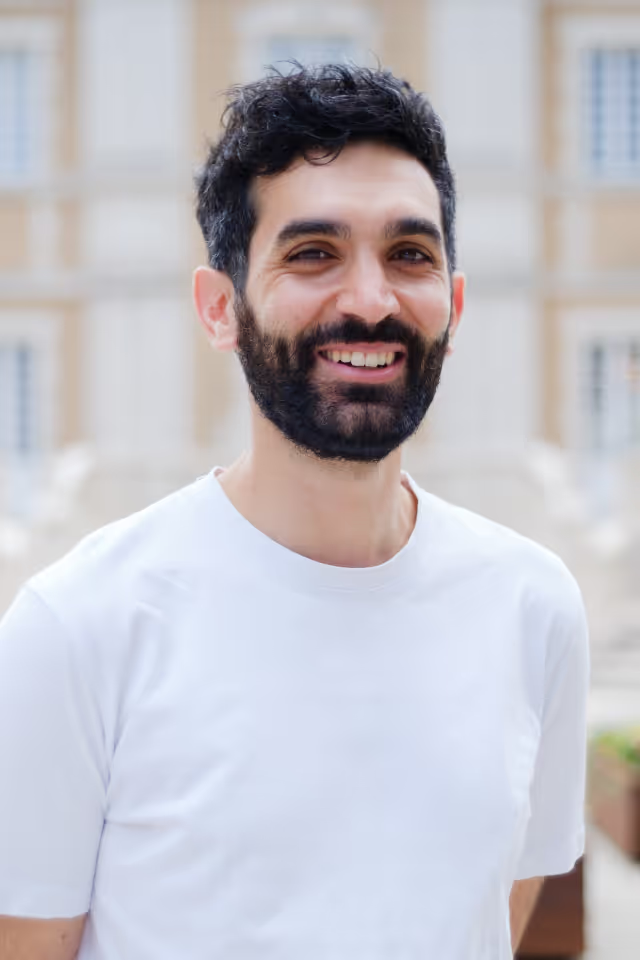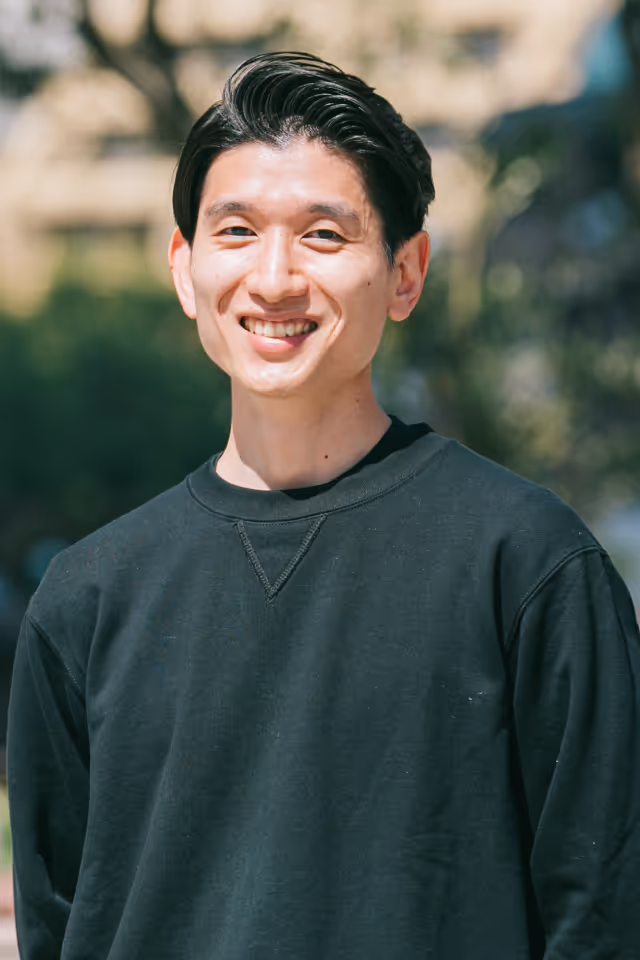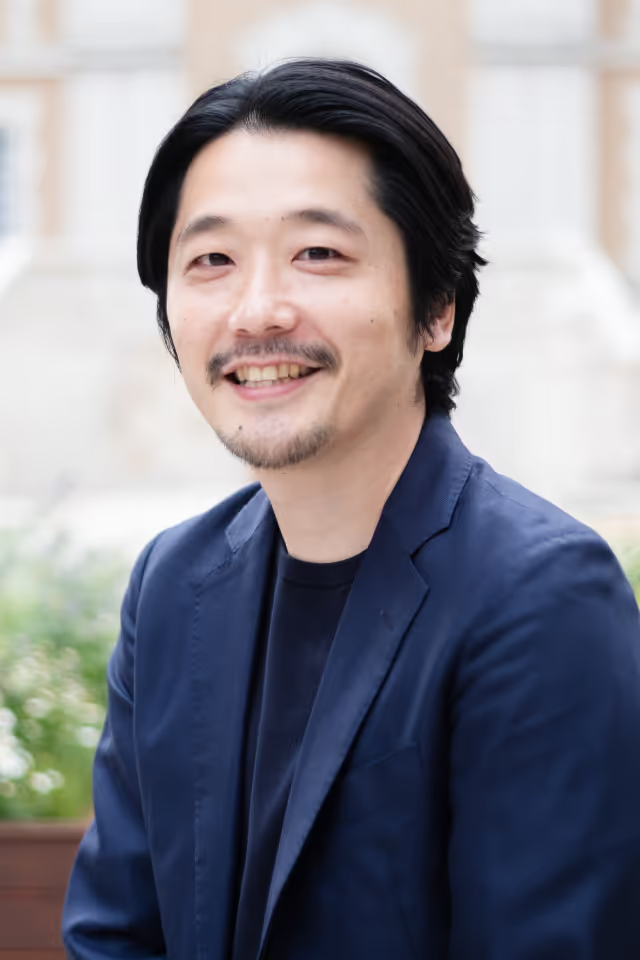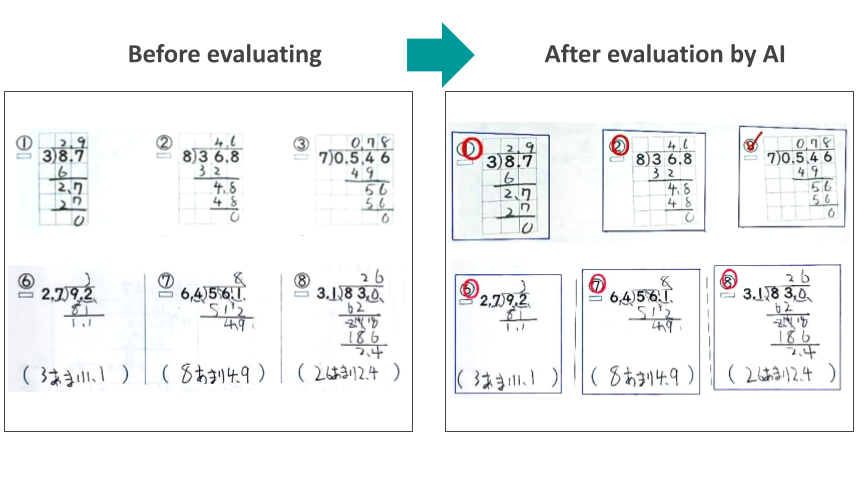
Tokyo, Japan - January 21, 2025 - Recursive Inc. (Headquarters: Shibuya-ku, Tokyo; CEO: Tiago Ramalho; hereinafter, "Recursive"), a developer of AI solutions that facilitate sustainable business transformation, is pleased to announce that it has developed an AI model that automatically evaluates whether the answers handwritten by children in their math workbooks are correct. This AI model was developed for the leading Japanese publisher of educational materials for elementary and middle schools, Kyoikudojinsha Co., Ltd. (hereafter "Kyoikudojinsha") as part of the joint efforts of Recursive and Kyoikudojinsha to contribute to the digitalization within the education and reduce teachers' workload. When children write their answers by hand in the paper-based math workbooks for elementary schools provided by Kyoikudojinsha and then take a photo of their answers using their tablet cameras, the AI model evaluates whether the answers are correct or not. The AI model supports math problems from first to sixth grade of elementary school and can handle not only linear (horizontal) calculations, but also column (vertical) calculations and calculations involving decimals, which have conventionally been more technically challenging for AI to read and recognize.
Checking the answers for paper-based educational materials has traditionally been time-consuming and labor-intensive. To address this, Kyoikudojinsha and Recursive are leveraging AI to reduce the workload, improve accuracy, digitize students' learning records, and make it easier for teachers to track students’ learning progress. As part of the first phase of this initiative, Kyoikudojinsha and Recursive have successfully developed a model that automatically evaluates whether students' answers are correct.
As a result, students can check their own answers regardless of grade level, reducing the workload for teachers. This also allows teachers to focus on tasks that only they can perform, such as enriching the educational experience and providing more personalized guidance for each student, ultimately contributing to an improvement in the quality of education. Additionally, by transitioning paper-based materials to digital platforms, Kyoikudojinsha and Recursive aim to contribute to the effective use of educational data within Japan's education system.
This AI model is scheduled for trial implementation at select public elementary schools in the first half of 2025, in cooperation with Kyoikudojinsha. The model was trademarked under the AI engine name "MITORU" on December 27, 2024, by Kyoikudojinsha. It is also currently under patent application by Kyoikudojinsha. With the goal of enhancing this technology and expanding its application, Recursive will continue to collaborate with Kyoikudojinsha to further develop and improve the functionality of this AI model.
Background and current challenges
The education landscape in Japan has become increasingly complex and labor-intensive in recent years, with the demands on teachers changing significantly. As a result, long working hours for teachers have become the norm and have evolved into a serious social issue. In response, the Ministry of Education, Culture, Sports, Science and Technology (MEXT) is promoting reforms to improve teachers' work styles, and aiming to advance digital transformation (DX) in education. Specifically, the "GIGA School Program" (*1), Japan’s national policy aimed at improving ICT environments in schools, is progressing in its second phase, focusing on not only strengthening the infrastructure of devices and networks but also promoting the widespread use of learning support tools and digital teaching materials, which is expected to further enhance personalized learning. At the same time, the demand for paper-based educational materials remains high in Japan, particularly in elementary schools, where paper-based materials are often better suited for many subjects. As a result, teachers continue to spend significant time on grading and evaluating answers.
Against this backdrop, Recursive was recognized by Kyoikudojinsha for its expertise in custom AI development and its alignment with the company's vision for advancing sustainable educational practices, which led to its selection as a development partner. Resonating with Kyoikudojinsha's commitment to not only publishing educational materials but also flexibly responding to the evolving needs of the educational landscape and supporting teachers in various ways, Recursive has embarked on developing an AI model that bridges paper-based materials with digital platforms.
Overview of the project and technology
In light of this background, Recursive began customizing its in-house developed AI tools—“FindFlow” for document analysis and “PixelFlow” for analyzing and generating media like images—to develop an AI model that can automatically evaluate the correctness of students’ answers to math problems, as well as score and aggregate grades for elementary school students, specifically for Kyoikudojinsha. As the first step, Recursive developed a system that automatically evaluates whether students' handwritten answers are correct.
In this AI model, when students take a photo of their handwritten answers on paper-based materials using a smartphone or tablet camera, the AI automatically recognizes the answers. Utilizing advanced object detection and OCR (optical character recognition) technology, the system converts handwritten numbers and symbols into text data, compares them against the correct answer data, and provides a rapid evaluation of whether they are correct.
The AI model’s training leveraged a vast amount of educational material data accumulated by Kyoikudojinsha, enabling extensive learning to enhance its versatility. As a result, the model can now provide highly accurate and flexible evaluations, capable of assessing not only linear (horizontal) calculations and whole number calculations but also column (vertical) calculations and decimal calculations; areas that have traditionally posed significant technical challenges.
Planned Future Enhancements
Recursive is also planning to support Kyoikudojinsha to expand the AI model’s evaluation scope to cover a wider range of elementary school math, such as incorporating an automatic grading aggregation feature that scores and grades paper-based materials, and connecting that to personalized learning as well as enabling the utilization of educational data in classrooms.
Teachers play a crucial role in the growth of the next generation. Recursive will continue to contribute to the reform of teachers’ workstyles and the creation of a sustainable educational environment for both teachers and students through the development of this AI model and supporting its implementation in educational settings.
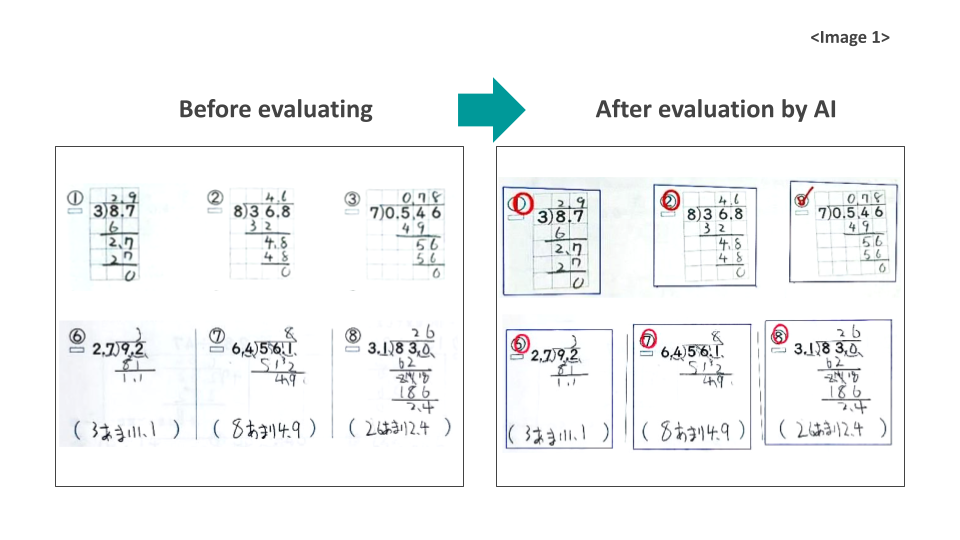
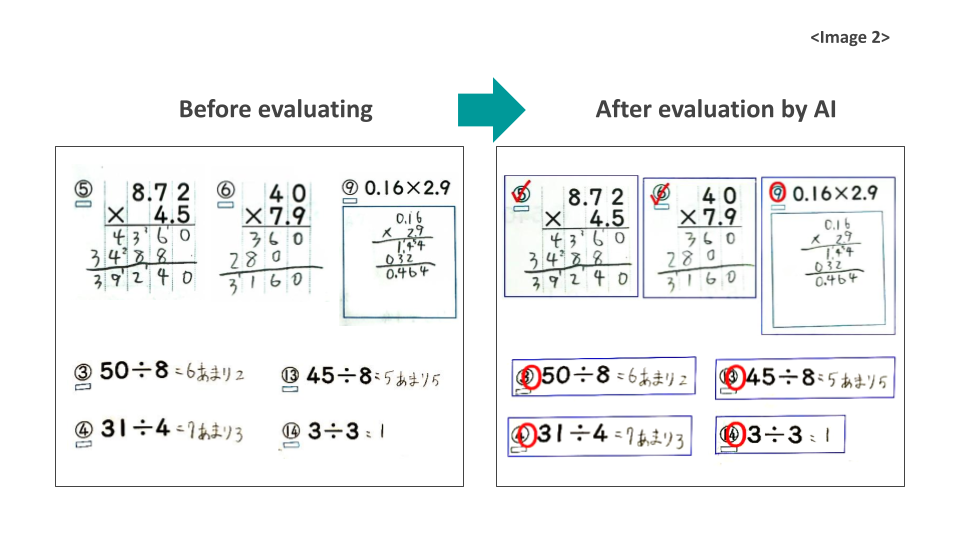
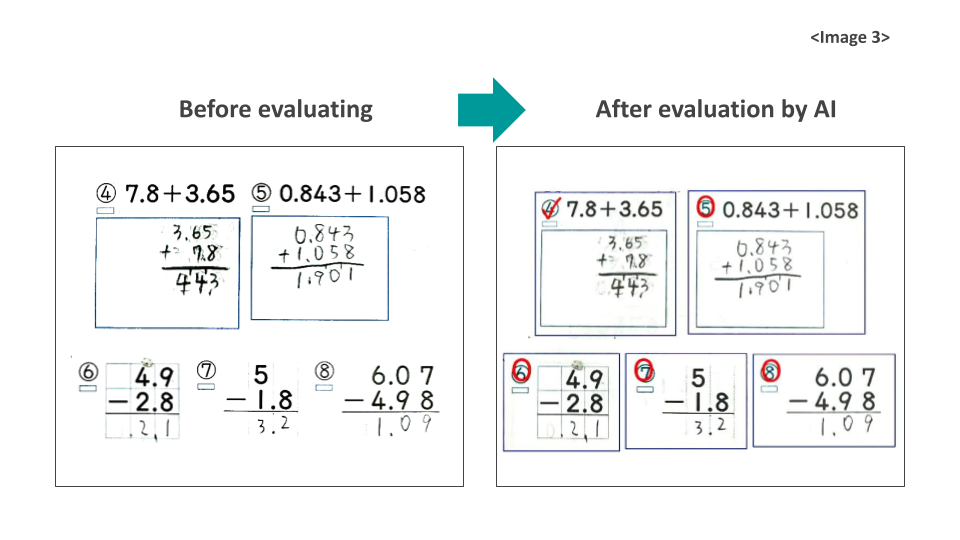
*1 GIGA School Initiative: GIGA stands for Global and Innovation Gateway for All. The initiative aims to establish an educational ICT environment that is fair, individually optimized, and ensures the development of students' abilities and potential, including those requiring special support. This is achieved through providing one device for each student and building a high-speed, high-capacity communication network, ensuring that no child is left behind. The goal is to create an education system where all children, regardless of their needs, can thrive. (Source: Ministry of Education, Culture, Sports, Science and Technology (MEXT), "Overview and Issues Related to Digital Learning Infrastructure" (Draft), September 30, 2024).
[About Recursive Inc.]
Recursive is a service provider that offers AI solutions for building a sustainable future. By combining expertise in diverse industries such as environment, energy, healthcare, pharmaceuticals, food, and retail as well as advanced technological capabilities and specialized knowledge in sustainability, Recursive provides AI consulting services and technical development. In order to leave a better global environment and society behind for future generations, Recursive’s unparalleled professionals are leading the creation of a new society with world-class, cutting-edge technology.
Company name: Recursive Inc.
Headquarter: Shibuya S-6 Building 6F, 1-7-1 Shibuya, Shibuya-ku, Tokyo
Founded: August 2020
Co-Founders: Tiago Ramalho, Katsutoshi Yamada
Business: Research and development of AI and provision of sustainability-related solutions
Number of Members: 47
Website: https://recursiveai.co.jp/en/
[Media inquiries]
Recursive Inc.
Marika Kishimoto (Public Relations)
Email: marika.kishimoto@recursiveai.co.jp
Phone: +81-90-9847-7832
Founded by a former senior research engineer at Google DeepMind, Recursive brings together world-class talent from across disciplines to engineer results where others can't.
